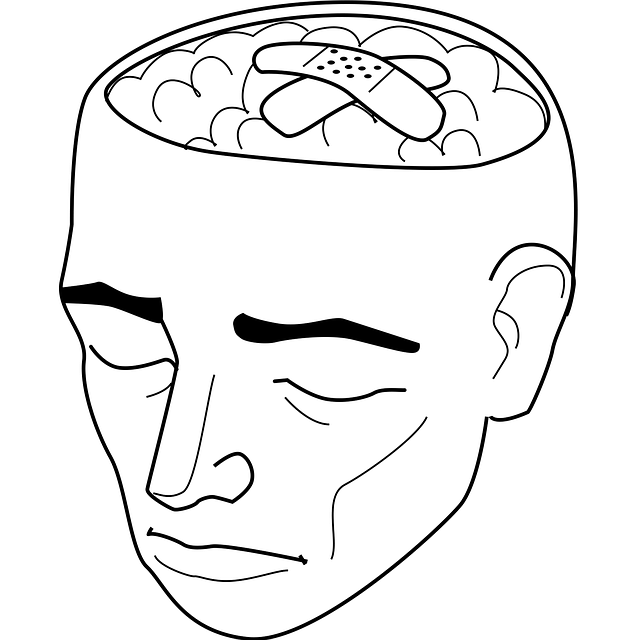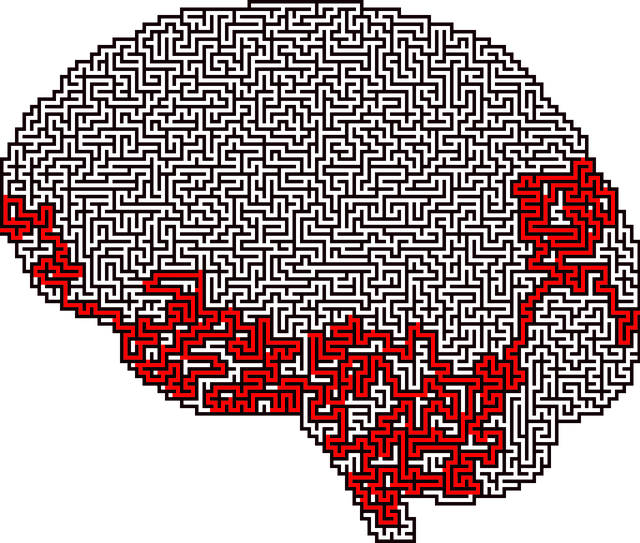Mental health assessments tailored to young adults, focusing on anxiety, depression, and postpartum depression (PPD), are crucial in today's fast-paced world. Targeted interventions and comprehensive self-assessment tools empower individuals to build resilience and seek early help. Digital platforms offer accessible, affordable, and private spaces for emotional well-being evaluation, with improvements in AI enhancing assessment reliability. Developing such resources is vital for addressing mental health challenges prevalent among young adults, bridging the gap between patients and services, and ensuring timely support for vulnerable populations like new mothers experiencing PPD.
Mental wellness self-assessment tools have become essential resources for understanding and addressing mental health issues, particularly among young adults. This article explores key aspects of mental health assessment, focusing on postpartum depression—a critical period for mothers’ wellbeing. We delve into the rise of digital tools, highlighting their benefits and challenges in promoting accessible care. Additionally, we discuss the development of effective therapy resources tailored to the unique needs of young adults, emphasizing the importance of comprehensive support.
- Understanding Mental Health Assessment for Young Adults
- Postpartum Depression: A Focus on Motherhood and Wellbeing
- Digital Tools for Self-Assessment: Benefits and Challenges
- Developing Effective Therapy Resources for Accessible Care
Understanding Mental Health Assessment for Young Adults

Mental health assessments play a pivotal role in identifying and addressing challenges faced by young adults. For this demographic, specific tools tailored to their unique experiences are essential. Many young adults struggle with issues like anxiety, depression, and stress related to academic pressures, career uncertainties, and personal relationships. Assessing mental wellness in this age group requires an understanding of these contemporary stressors.
Therapy for young adults often involves targeted interventions such as conflict resolution techniques and burnout prevention strategies for healthcare providers, which can be incorporated into assessment frameworks. Additionally, promoting mind over matter principles can empower individuals to cultivate resilience and cope with life’s challenges. Recognizing the importance of early intervention and tailored support, mental health professionals can develop comprehensive self-assessment tools that cater to the specific needs of young adults, ultimately improving their overall well-being.
Postpartum Depression: A Focus on Motherhood and Wellbeing

Postpartum depression (PPD) is a significant mental health concern that often goes unnoticed, particularly within the context of motherhood. This condition affects new mothers, impacting their ability to enjoy and engage with their babies during a critical period of bonding and development. Recognizing and addressing PPD is essential for promoting both mother and child wellbeing. Many young adults who have experienced pregnancy and childbirth may struggle with their mental health, requiring tailored therapy and support.
The development of self-assessment tools for PPD can provide valuable guidance and early intervention strategies. Mental wellness journaling exercises, coupled with cultural sensitivity in mental healthcare practice, offer a safe space for mothers to express their emotions and concerns. Additionally, crisis intervention guidance can empower women to seek help promptly. By incorporating these practices, we can ensure that young adults facing postpartum depression receive the necessary care and support to navigate this challenging period.
Digital Tools for Self-Assessment: Benefits and Challenges

Digital tools for self-assessment have emerged as powerful resources in the realm of mental wellness, offering accessible and often affordable options for individuals seeking support. These tools, tailored for various mental health concerns, can be particularly beneficial for young adults navigating stress, anxiety, or even postpartum depression. Online platforms provide a private space for users to assess their emotional well-being, often through interactive questionnaires designed to uncover underlying issues. Such assessments can facilitate early identification of potential mental health challenges and guide individuals towards appropriate resources, including therapy options specifically tailored for young adults.
While digital self-assessment tools hold immense promise in promoting emotional healing processes and mood management, they also present certain challenges. Ensuring data privacy and security is paramount, especially when dealing with sensitive information regarding mental health. Additionally, the accuracy of these tools must be carefully considered; a challenge that arises from the complexity of human emotions and the potential for self-reporting biases. Despite these hurdles, ongoing advancements in artificial intelligence can enhance the reliability of digital assessments, making them valuable components in comprehensive stress reduction methods.
Developing Effective Therapy Resources for Accessible Care

Developing effective therapy resources for accessible care is a critical aspect of addressing mental wellness challenges among young adults. In today’s fast-paced world, many individuals struggle with issues like postpartum depression, which can significantly impact their emotional well-being and overall quality of life. Accessible therapy options play a pivotal role in ensuring timely support for these vulnerable populations.
By employing innovative techniques, professionals can create tools tailored to the unique needs of young adults. These resources should focus on depression prevention and mood management strategies that are both effective and engaging. For instance, digital platforms offering online counseling sessions or interactive self-assessment tools have proven to be game-changers in promoting emotional well-being. Such accessible approaches not only bridge the gap between patients and mental health services but also encourage proactive participation in one’s mental wellness journey.
Mental wellness self-assessment tools play a pivotal role in addressing mental health issues among young adults and new mothers. By leveraging digital platforms, we can enhance accessibility to care, especially for those facing challenges like postpartum depression. While these tools offer numerous benefits, including increased convenience and privacy, navigating their implementation alongside traditional therapy services requires careful consideration of both user experience and data security. Ultimately, developing effective resources that complement professional therapy is crucial in fostering holistic mental wellbeing for young adults and new parents.













